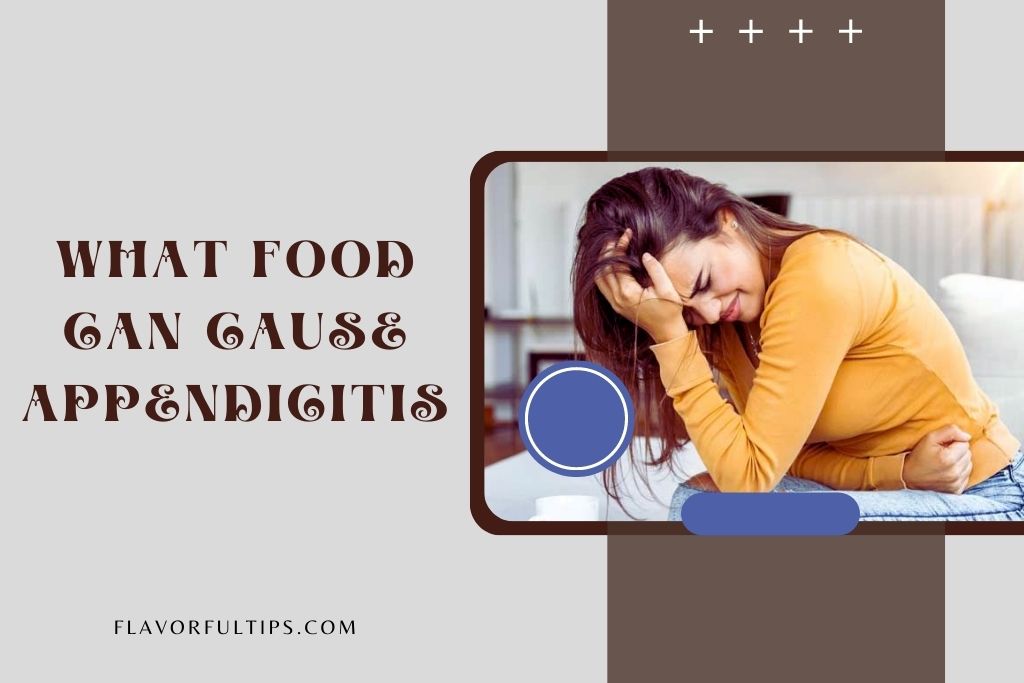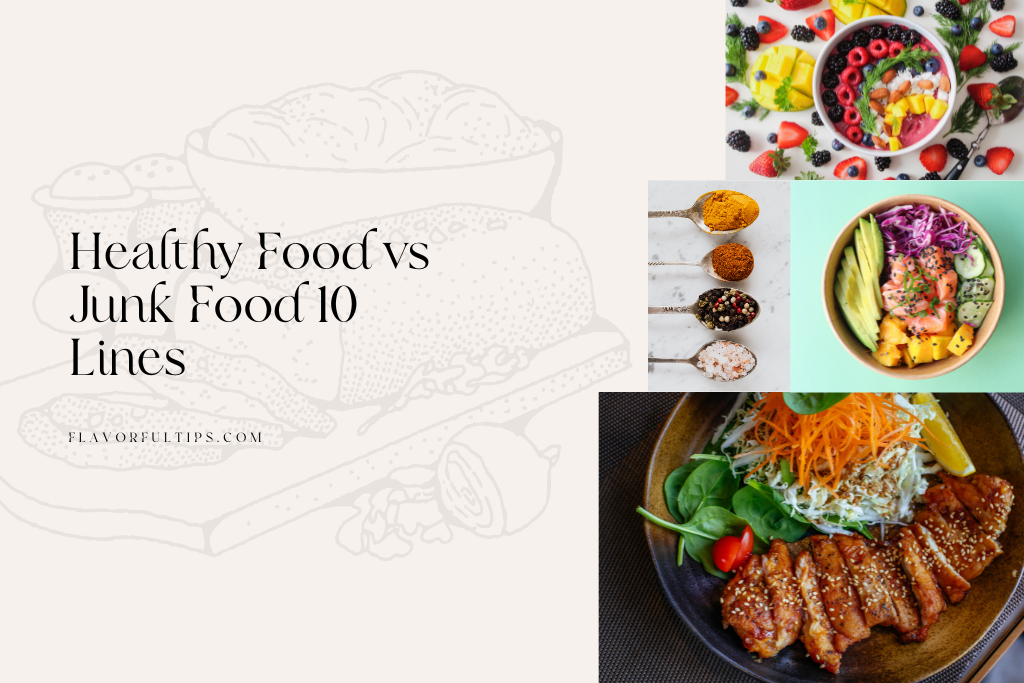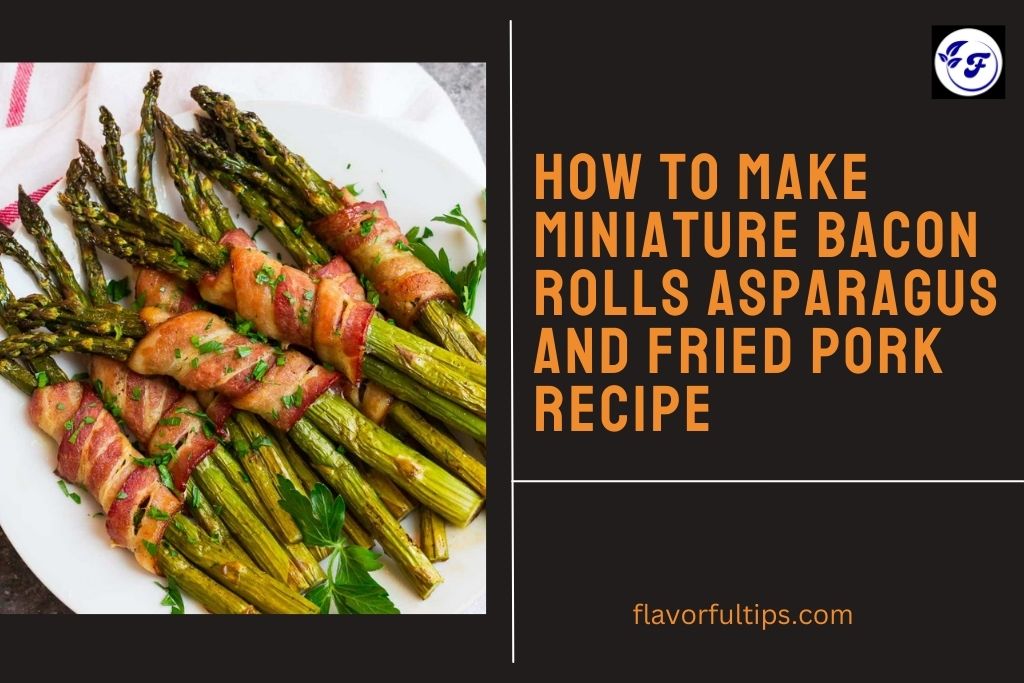Appendicitis is a medical condition that many people have heard of, but not everyone fully understand. Imagine your body is like a big puzzle. Inside your tummy, there’s a small part called the “appendix.” It’s like a little pocket hanging out on the lower right side of your belly. Sometimes, this tiny pocket gets really angry and swollen, like when you hurt your finger and it puffs up. That’s what we mean by “inflammation.” So, appendicitis is when this small pocket, the appendix, gets all swollen and causes tummy trouble. While the exact cause of appendicitis isn’t always clear, certain factors, including food, may play a role in its development. In this blog article, we will see the what food can cause appendicitis and relationship between food and appendicitis in the simplest way possible.
Understanding Appendicitis
Before we dive into the connection between food and appendicitis, let’s briefly understand what appendicitis is. Think of the appendix as a finger-like bag stuck to your big intestine. Just like you have fingers, your belly has this little finger-shaped thing hanging out. Its purpose is not entirely clear, and we can live without it without any major consequences.
Appendicitis occurs when the appendix becomes inflamed. This inflammation can lead to various symptoms such as abdominal pain, nausea, vomiting, and fever. If not treated promptly, the inflamed appendix can rupture, which is a serious and potentially life-threatening condition.
Can Food Cause Appendicitis?
The relationship between food and appendicitis is not always straightforward. Appendicitis can happen if something blocks the appendix, usually by something like stool, parasites, or, in some cases, even food. When the appendix is blocked,When the appendix gets blocked, it can become a cozy place for germs to grow.
These tiny germs can actually make you feel unwell and cause the appendix to become red, swollen, and painful.
While it’s not common for food to directly cause appendicitis, certain dietary habits may increase the risk of developing the condition. These habits can contribute to blockages in the appendix, which might lead to inflammation. It’s important to note that the evidence linking specific foods to appendicitis is limited, but it’s still a good idea to be aware of potential risk factors.
What Food Can Cause Appendicitis
- Low-Fiber Diets: Diets lacking in fiber can lead to constipation, which increases the risk of a blockage in the appendix. Eating foods with lots of fiber, like whole grains, fruits, and veggies, is like giving your tummy a helping hand. They make sure your tummy’s job of digesting food goes really smoothly. It’s like having a clear path for your food to travel through your belly.
- Processed Foods: Highly processed foods often lack the nutrients and fiber needed for proper digestion. They can also contribute to constipation and irregular bowel movements, potentially increasing the risk of appendicitis.
- Fatty Foods: While there’s no direct link, some research suggests that a diet high in saturated fats might be associated with a higher risk of appendicitis. These fats can slow down digestion and contribute to inflammation in the body.
- Spicy Foods: Spicy foods are not a common cause of appendicitis, but in some individuals, they might irritate the digestive system and potentially trigger discomfort. However, this is not a major concern for most people.
| Also read: Lot 10 Japanese Food |
Foods That May Help:
- High-Fiber Foods: As mentioned earlier, a diet rich in fiber can promote healthy digestion and reduce the risk of constipation and blockages. Include whole grains, legumes, fruits, and vegetables in your diet.
- Hydration: Drinking plenty of water is important for maintaining regular bowel movements and preventing constipation. Staying hydrated can indirectly reduce the risk of appendicitis by promoting good digestive health.
- Probiotic-Rich Foods: Probiotics are “good” bacteria that support a healthy gut. Foods like yogurt, kefir, sauerkraut, and some other special foods have something called “probiotics” in them. that can contribute to a balanced digestive system.
- Lean Proteins: Foods like lean meats, poultry, fish, and plant-based proteins are generally easier for the body to digest compared to fatty meats.
Conclusion
While food is not a direct cause of appendicitis, certain dietary habits can influence the risk of developing the condition. A diet that is high in fiber, low in processed and fatty foods, and includes plenty of water can promote healthy digestion and reduce the likelihood of constipation and blockages that could potentially lead to appendicitis.
Remember, Remember, it’s smart to eat different types of foods to keep your body strong. And if you ever feel weird tummy feelings or have worries about your health, it’s a good plan to talk to a doctor. They’re the experts who can help you feel better and stay healthy. Taking care of your digestive health through mindful eating can go a long way in preventing various health issues, including the risk of appendicitis.



